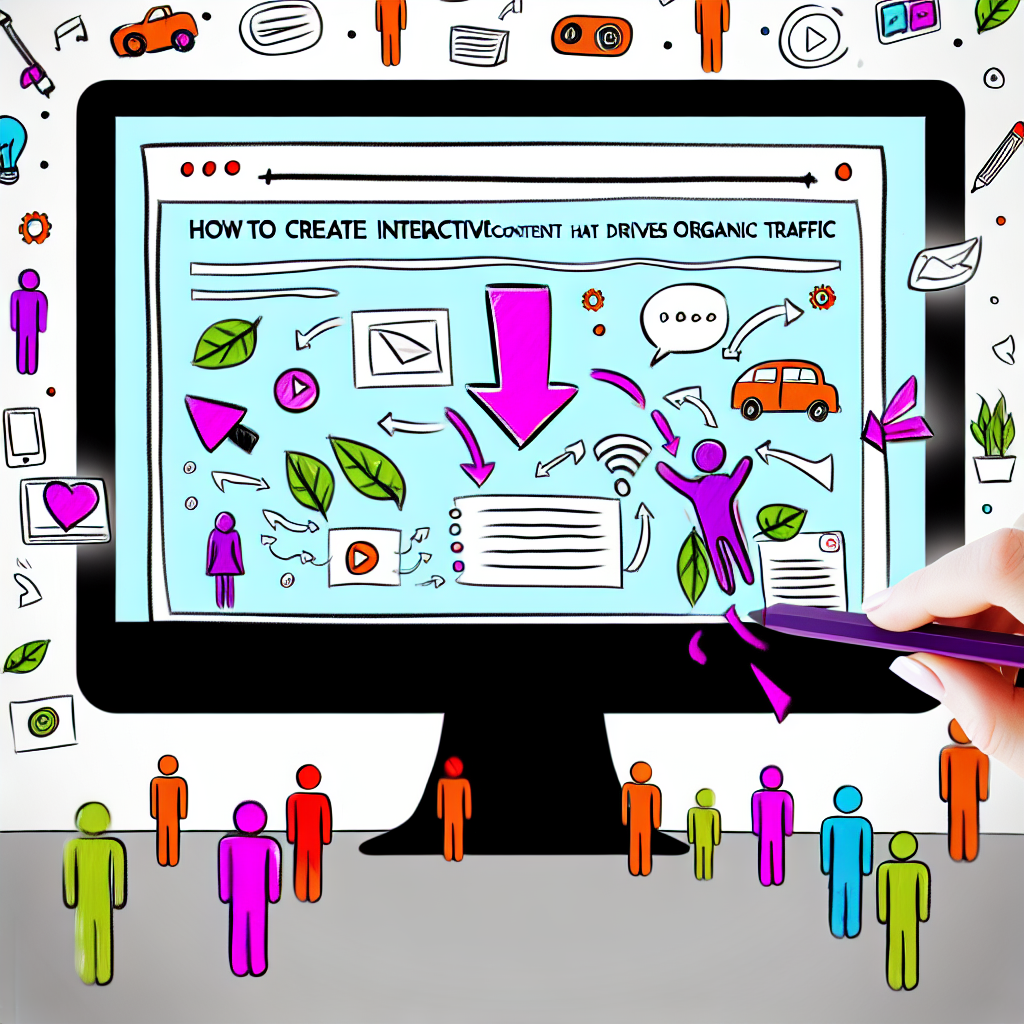The Future of SEO in the Age of AI: What C-Suite Executives Need to Know
SEO is Evolving—And AI Is Leading the Way
Search Engine Optimization (SEO) is undergoing a transformative shift, driven by the rapid evolution of Artificial Intelligence (AI). What was once an isolated discipline focused on keyword placements and backlink strategies has now become a dynamic, data-driven architecture for audience engagement, search visibility, and brand credibility. For C-suite marketing and SEO professionals, this shift spells both significant opportunity and potential disruption.
AI technologies such as Natural Language Processing (NLP), Machine Learning (ML), and deep learning are revolutionizing how search engines understand and categorize content. Google’s BERT and MUM algorithms are recent examples of how AI is improving semantic search and contextual understanding. These advancements mean that content must now do more than satisfy search intent—it must anticipate it.
As voice search, visual search, and conversational AI become increasingly integrated into user behavior, SEO strategies must evolve beyond conventional tactics.
Why AI-Driven SEO is a Strategic Imperative for the C-Suite
For Chief Marketing Officers (CMOs), Chief Technology Officers (CTOs), and Heads of Digital Strategy, the integration of AI into SEO is not just a tactical change but a strategic imperative. Ignoring this evolution carries the risk of decreased visibility, reduced user engagement, and lost revenue.
Conversely, early adoption and agile adaptation can create a competitive edge, enabling brands to lead their industries by driving discoverability and delivering richer user experiences.
With the phasing out of third-party cookies and the move toward more secure, privacy-compliant digital ecosystems, AI-powered SEO offers potent ways to personalize content, optimize conversion paths, and automate complex decision-making tasks.
As the line between content creation and data analytics continues to blur, leveraging AI will be key to creating scalable SEO frameworks that align with both brand ethos and bottom-line goals.
The Science Behind AI-Powered SEO — What Research Tells Us
Multiple academic and professional research studies have explored the impact of AI on SEO effectiveness:
– A landmark paper by the MIT Computer Science and Artificial Intelligence Laboratory examined how NLP and deep learning algorithms enhance semantic recognition and contextual relevance in search queries. These technologies bridge the gap between user intent and search engine interpretation.
– The 2021 McKinsey report “The State of AI in 2021” highlighted that companies incorporating AI in their marketing and sales workflows see a 5–10% higher ROI than those who don’t. SEO is identified as a largely underutilized area with high potential in predictive analytics and user experience optimization.
– Gartner’s whitepaper on digital marketing trends identified “AI-Augmented SEO” as a critical pillar for 2023–2025. Businesses that adopt AI in this area are projected to see a 30% uptick in customer engagement by 2025 due to improved personalization, automated SEO tasks, and data-driven content enhancement.
– Stanford researchers stress a “human-in-the-loop” approach in their study on ethical AI in personalized content. This combines algorithmic automation with strategic oversight, ensuring personalization does not compromise user trust or privacy.
How Leading Platforms Are Integrating AI for SEO Excellence
AI is no longer a theoretical tool but a practical solution already embedded in leading SEO platforms and marketing workflows:
– OpenAI’s collaborations with SEO platforms like Surfer SEO and MarketMuse allow real-time content analysis, scoring, and improvement recommendations. This empowers marketers to optimize content for performance before it reaches the public.
– These platforms leverage AI to assess competitive positioning, relevance, natural keyword usage, and tone alignment—areas that were previously too manual and time-consuming for scalable marketing efforts.
– A Harvard Business Review article outlines the business impact, reporting a 15–25% reduction in customer acquisition costs and increased lifetime value for customers due to enhanced targeting and content personalization through AI SEO integration.
Actionable Strategies C-Suite Executives Should Embrace Now
To capitalize on AI-powered SEO, C-suite leaders can implement several strategies:
– Invest in AI-Driven SEO Tools: Equip your teams with platforms that offer AI content scoring, predictive analytics, and semantic keyword tools.
– Upskill Existing Talent: Train marketing and content teams on AI fundamentals, data interpretation, and SEO best practices in the AI era.
– Centralize SEO and Data Analytics: Break down silos between SEO and data science teams to promote agile, AI-informed campaigns.
– Adopt Human-in-the-Loop Systems: Leverage AI automation while ensuring editorial oversight, especially in regulated industries or sensitive markets.
– Monitor Performance Metrics Closely: Use real-time performance dashboards to adjust content strategies dynamically based on live feedback from AI insights.
The Road Ahead: AI-Optimized SEO Is the New Standard
The future of SEO is inextricably linked with the trajectory of AI. For C-suite leaders aiming to maintain competitive advantage, the integration of AI into the SEO workflow represents not just innovation but transformation.
By aligning strategic objectives with AI-powered SEO methods, forward-thinking organizations can enhance discoverability, personalize user experiences, and improve overall return on investment. The companies that embrace this shift today will define digital leadership tomorrow.
Concise Summary:
The article explores how Artificial Intelligence (AI) is transforming Search Engine Optimization (SEO), and why C-suite executives must embrace this shift to maintain a competitive edge. It covers the science behind AI-powered SEO, how leading platforms are integrating AI, and actionable strategies for C-suite leaders to implement. The future of SEO is inextricably linked to AI, and early adoption can drive discoverability, personalization, and improved ROI.

Dominic E. is a passionate filmmaker navigating the exciting intersection of art and science. By day, he delves into the complexities of the human body as a full-time medical writer, meticulously translating intricate medical concepts into accessible and engaging narratives. By night, he explores the boundless realm of cinematic storytelling, crafting narratives that evoke emotion and challenge perspectives.
Film Student and Full-time Medical Writer for ContentVendor.com
